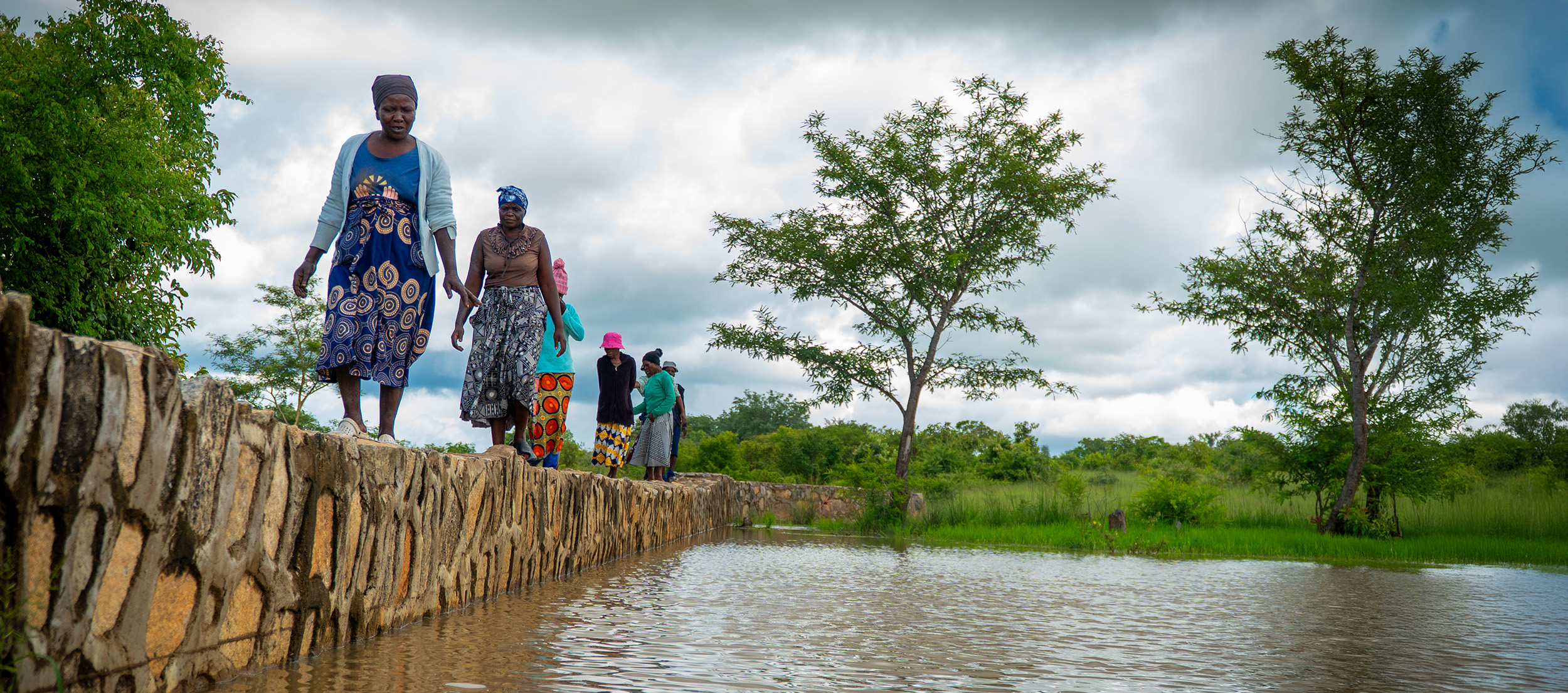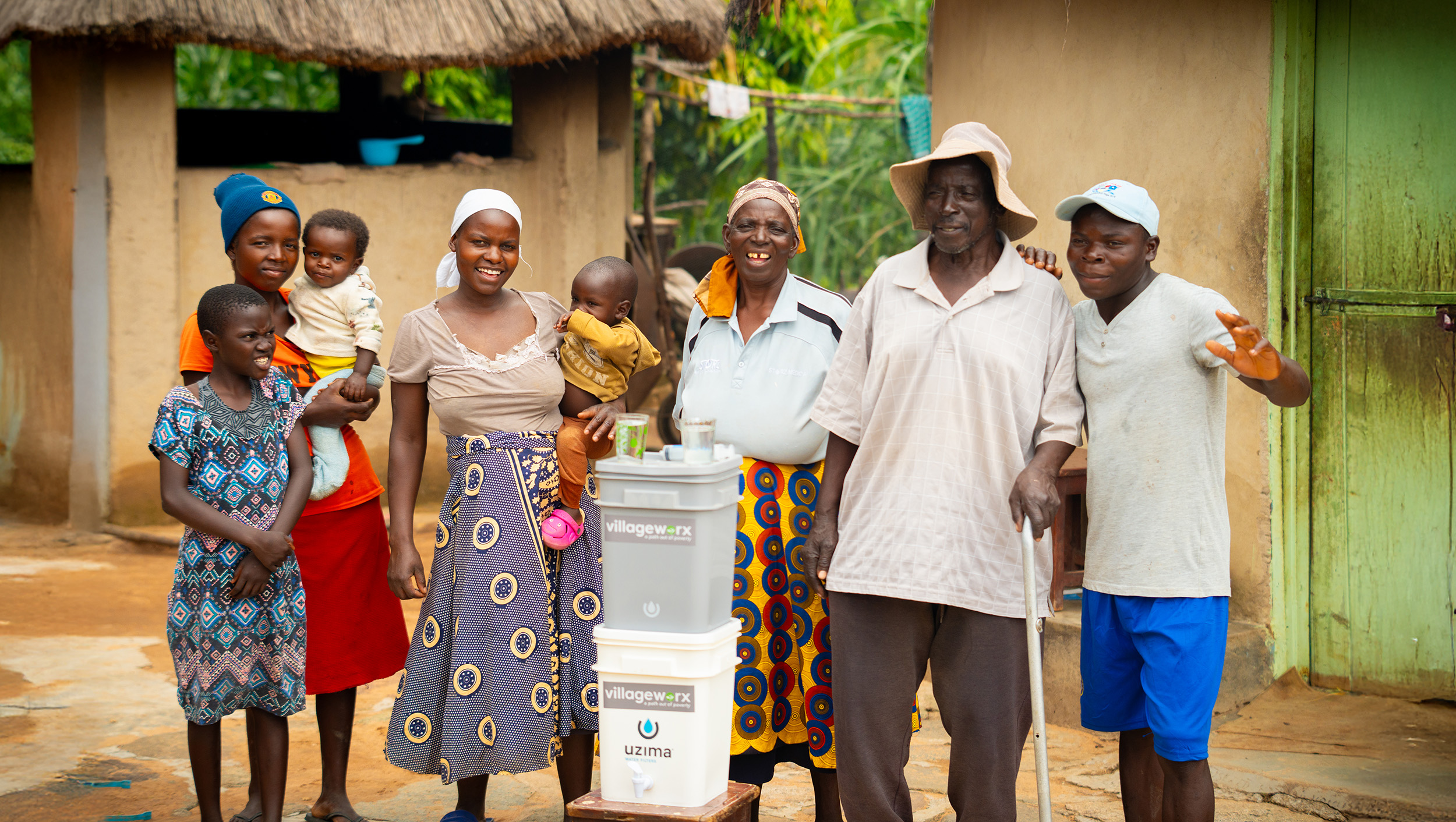Clean Water
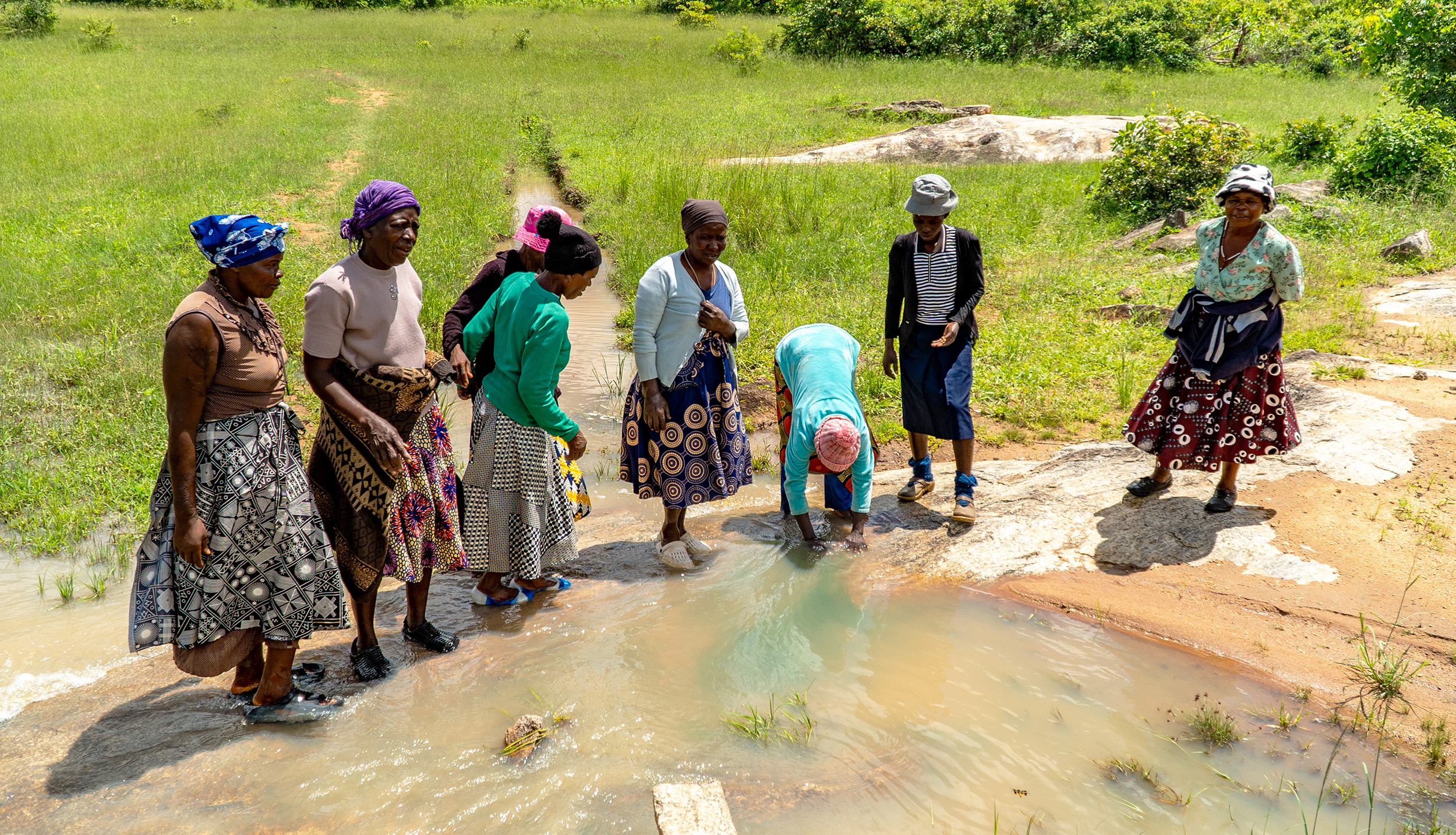
Why Clean Water Matters
Over 800 million people globally lack regular access to clean water, leading to waterborne diseases and hindering education and economic development. By providing clean water, we empower communities to focus on growth and well-being.
Our Solution: Uzima Water Filters
At VillageWorx, we are dedicated to providing sustainable clean water solutions to communities in need. Our Clean Water Program utilizes Uzima water filters, renowned for their effectiveness and durability, to ensure access to safe drinking water for families worldwide.
Uzima water filters employ advanced hollow fiber membrane technology, removing 99.9999% of bacteria that cause waterborne diseases. These filters are user-friendly, require no electricity, and can last up to ten years with proper maintenance.
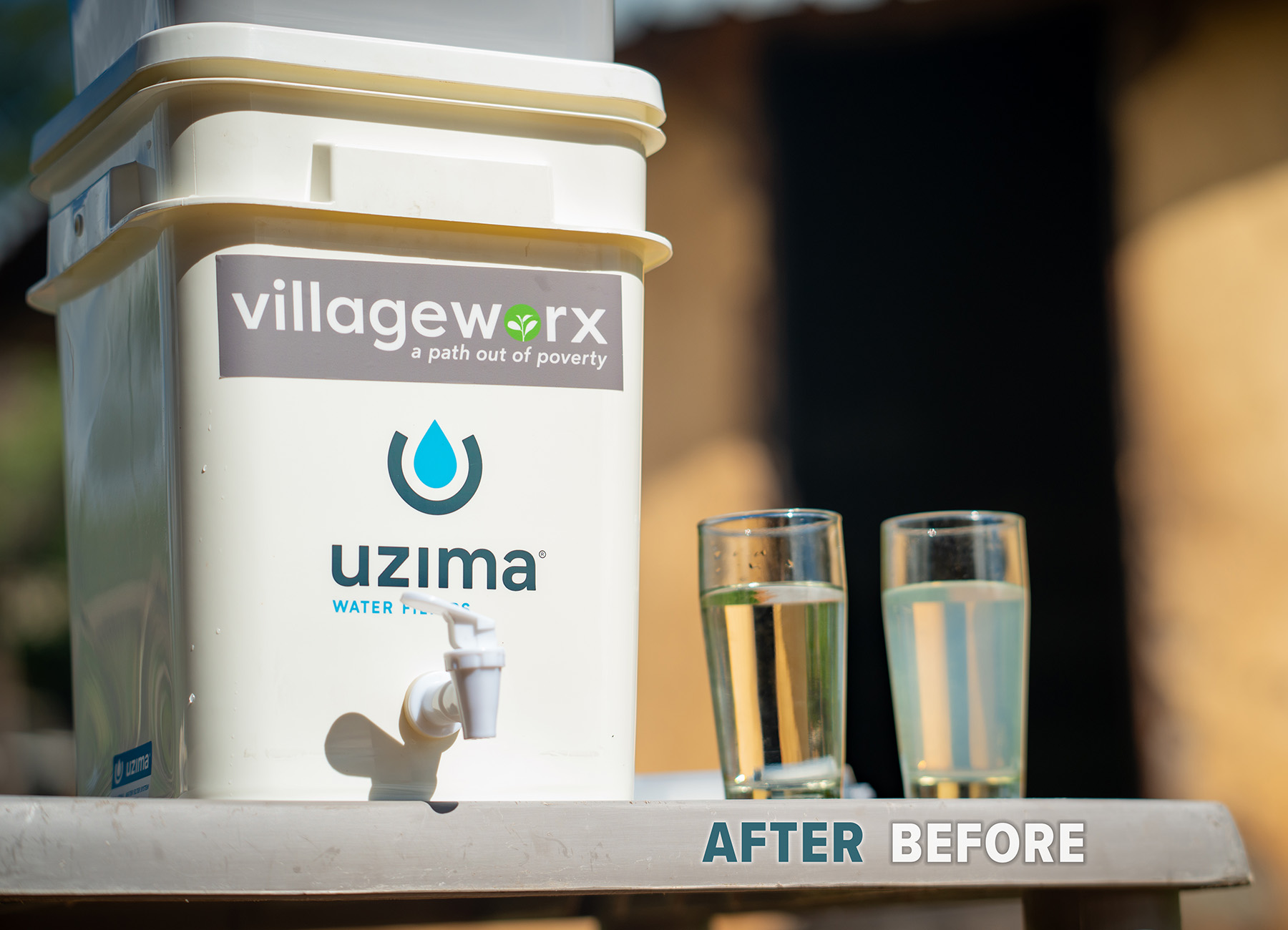
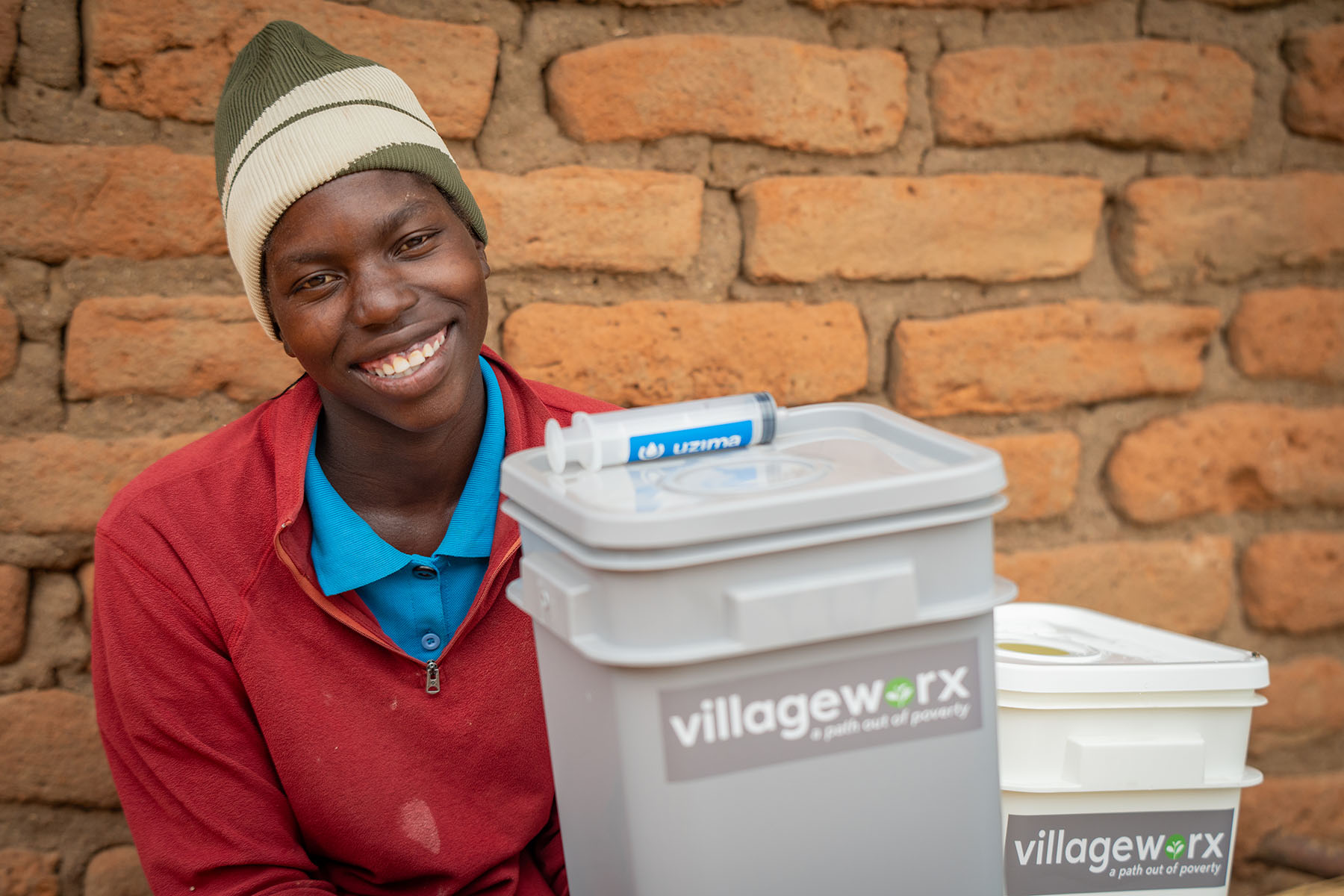
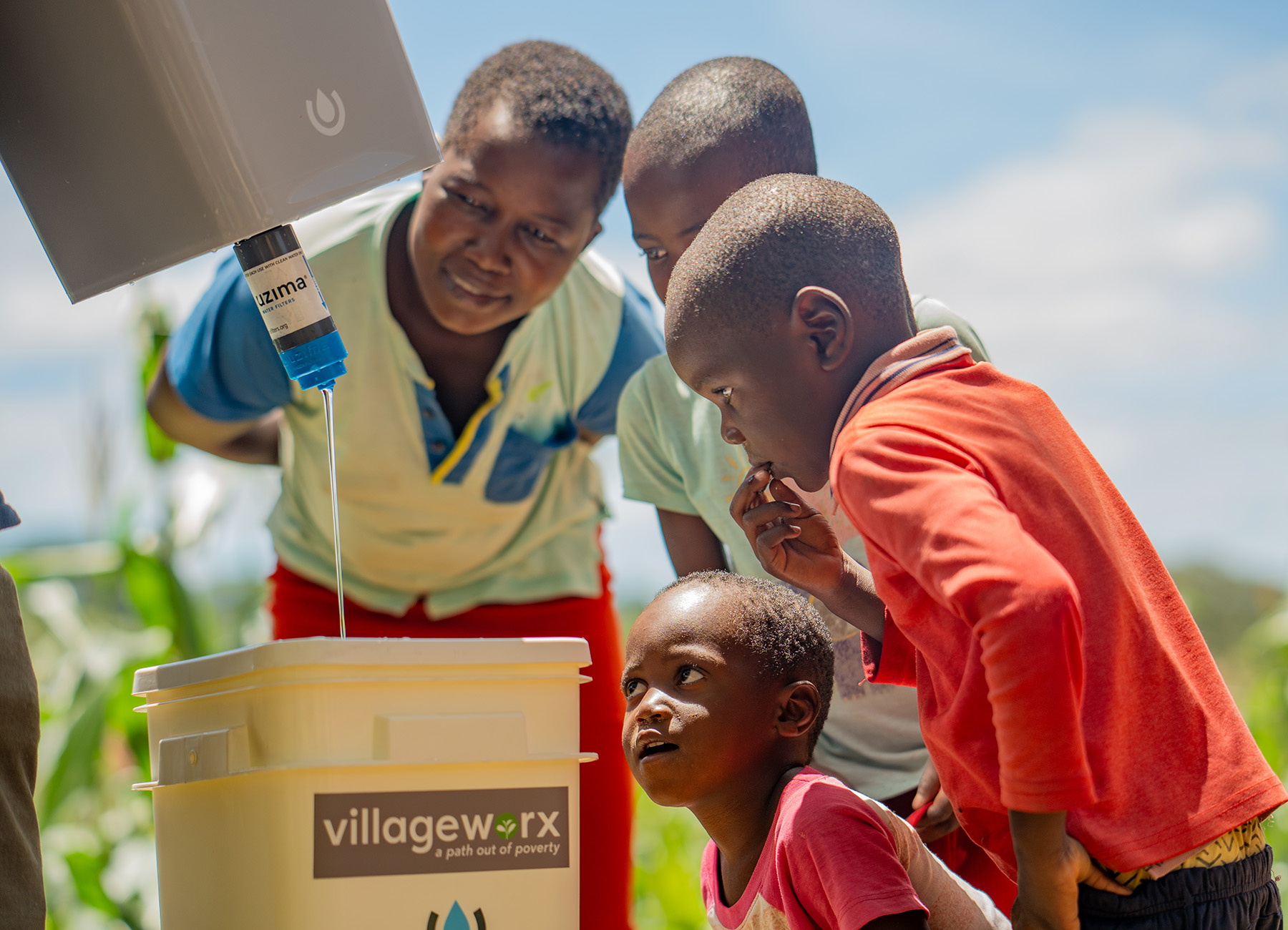
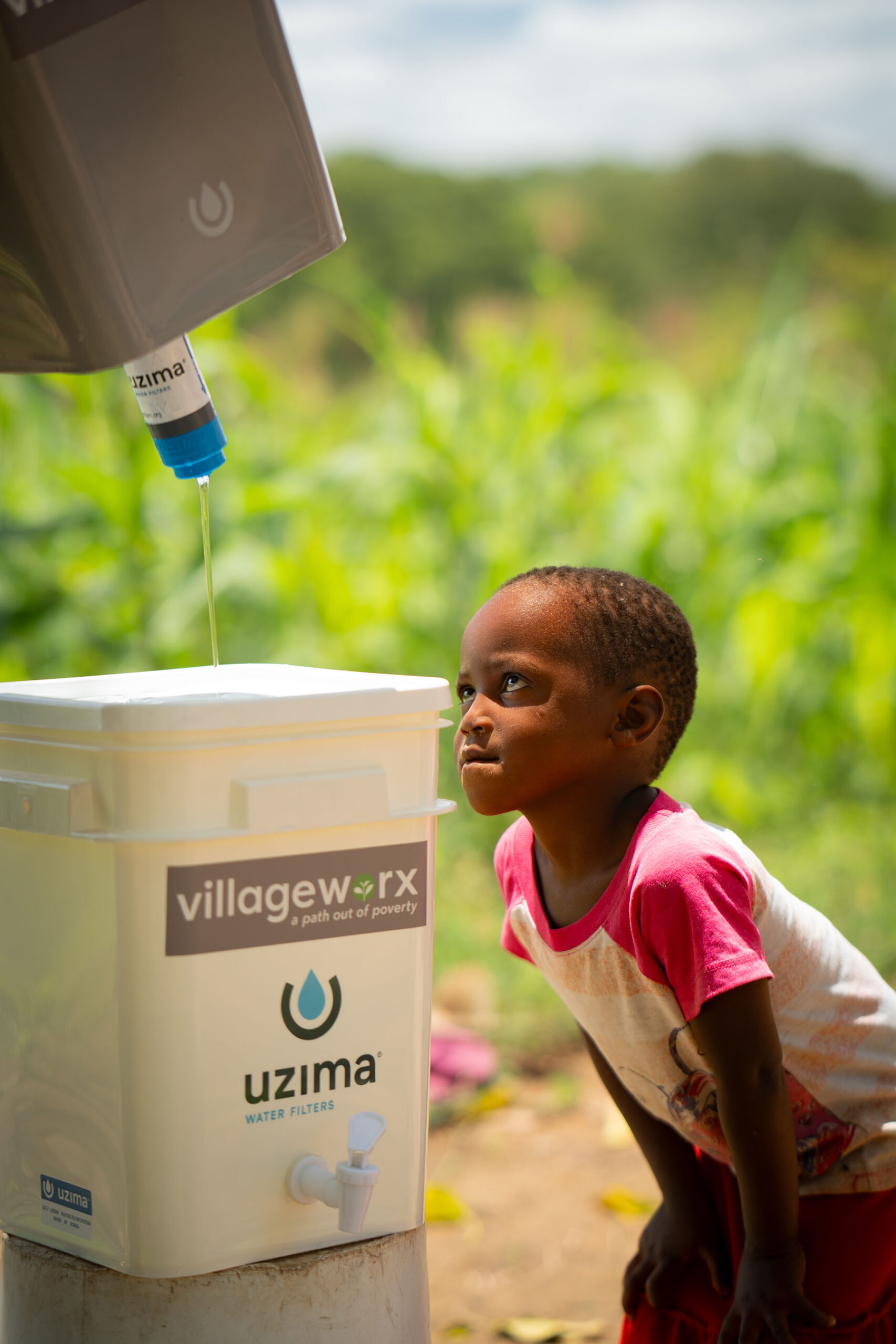
High Efficiency
Filters up to 1 liter of water per minute, providing ample clean water for daily use.
Cost-Effective
Designed to be affordable, making clean water accessible to underserved communities.
Durable and Long-Lasting
Constructed from high-quality materials, each filter can last up to ten years, ensuring long-term access to clean water.
Easy to Use and Maintain
Simple installation and maintenance procedures make it convenient for households to operate the filters without specialized training.

Clean Water, Healthier Lives
Over 800 million people globally lack regular access to clean water, leading to waterborne diseases and hindering education and economic development. By providing clean water, we empower communities to focus on growth and well-being.
Get Involved
Join us in our mission to provide clean water to those in need. Your support can make a significant difference in the lives of many.
